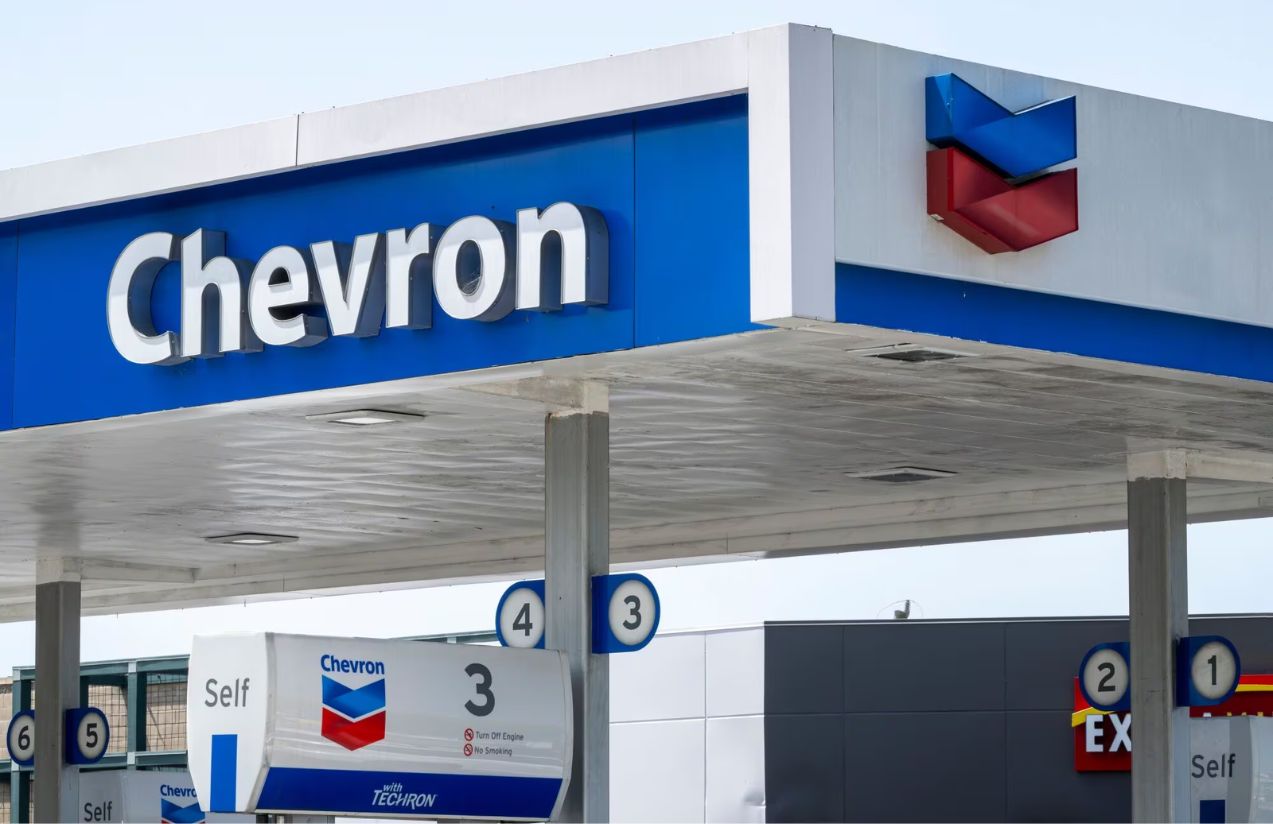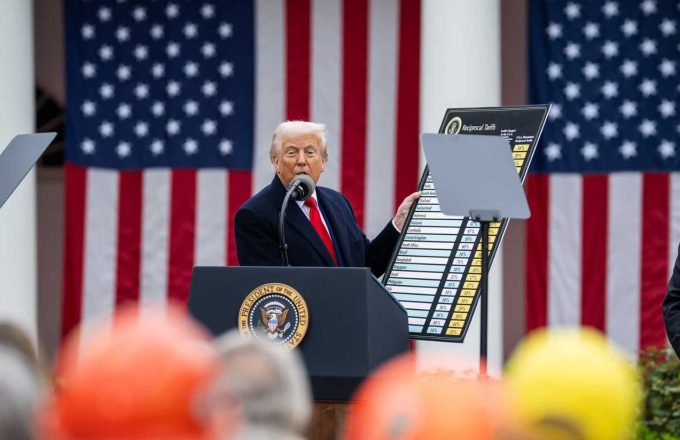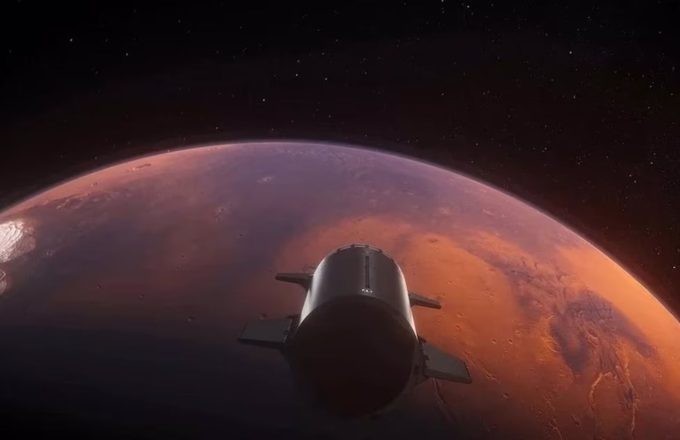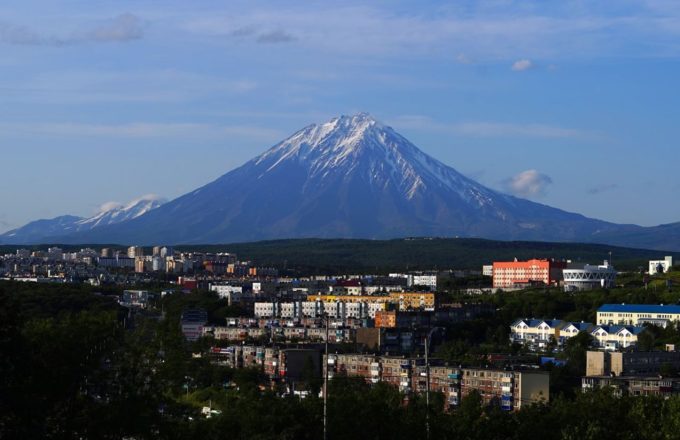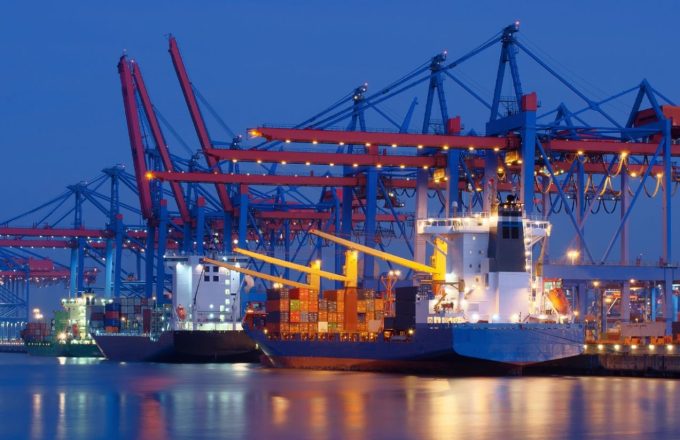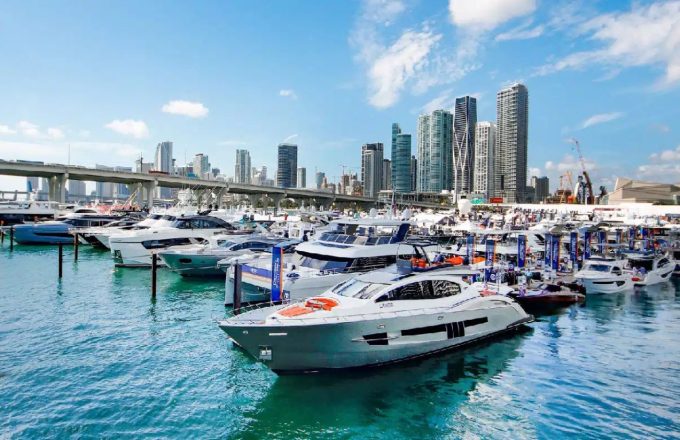The United States government is considering granting a limited license to Chevron to resume operations in Venezuela, under strict conditions that would prevent any direct financial benefit to Nicolás Maduro’s regime. This potential measure seeks to partially reactivate energy cooperation without fully lifting the sanctions imposed by Washington.
The White House is weighing the possibility of allowing Chevron to restart oil extraction and exports in partnership with state-owned PDVSA, provided that no profits or tax revenues reach the Venezuelan government. According to diplomatic sources cited by El País, mechanisms are being discussed to ensure that funds go toward repaying old debts, investing in energy infrastructure, and supporting monitored social programs.
This potential shift follows the recent release of a group of American prisoners by Maduro’s government, which has opened the door to a cautious thaw in bilateral relations. However, U.S. officials insist this is not a full normalization, but a strategic adjustment aimed at incentivizing specific behaviors without rewarding the regime.
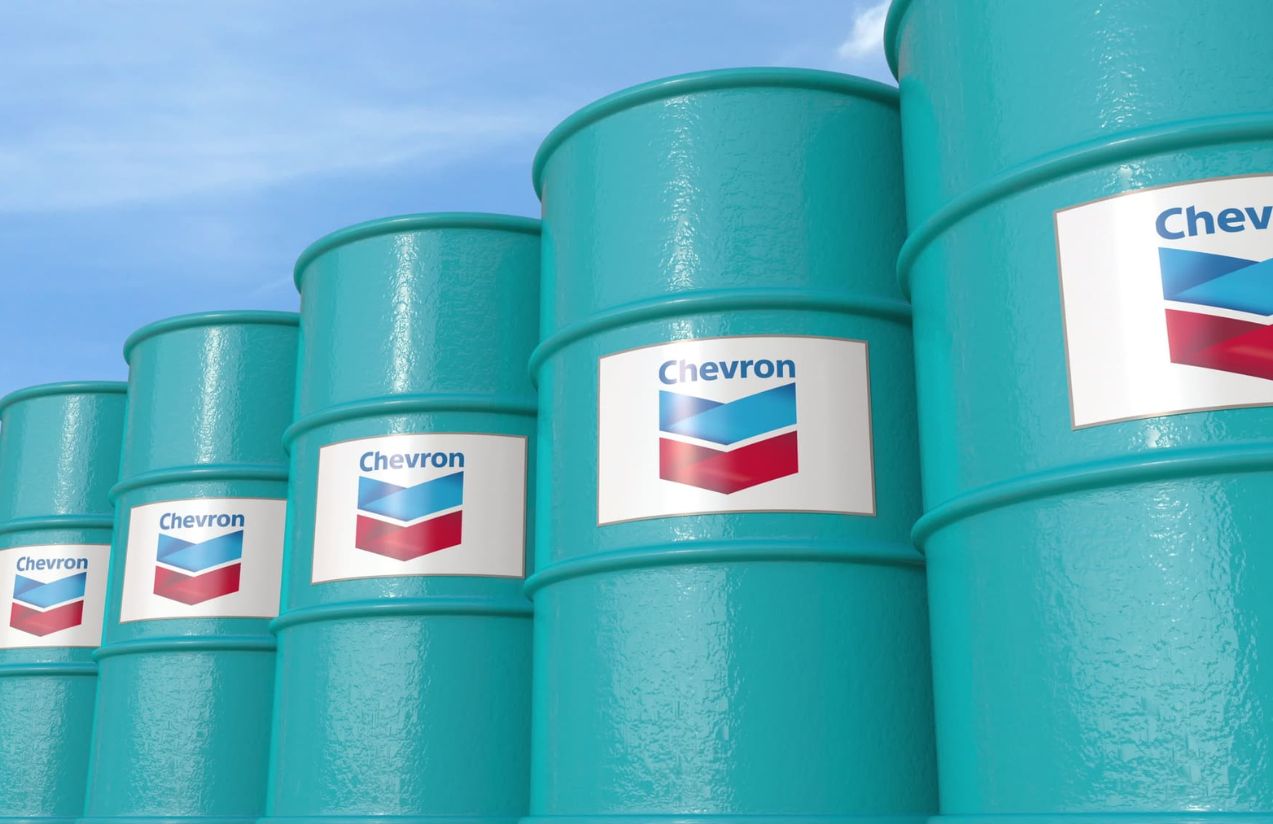
Why allow Chevron to operate without lifting sanctions?
Because allowing controlled and limited operations could serve both U.S. energy interests and the Venezuelan population, without financially empowering Maduro’s government. It’s a strategy meant to apply pressure without capitulation, encouraging gradual governance reforms while ensuring a stable energy supply for global markets.
International policy experts warn that the move is risky but calculated: if Chevron can operate without enabling Maduro, it would be a model for how sanctions can evolve without losing their coercive power.
A final decision has not yet been made, but the White House could issue a resolution in the coming weeks, conditional on new political commitments from the Maduro administration.


